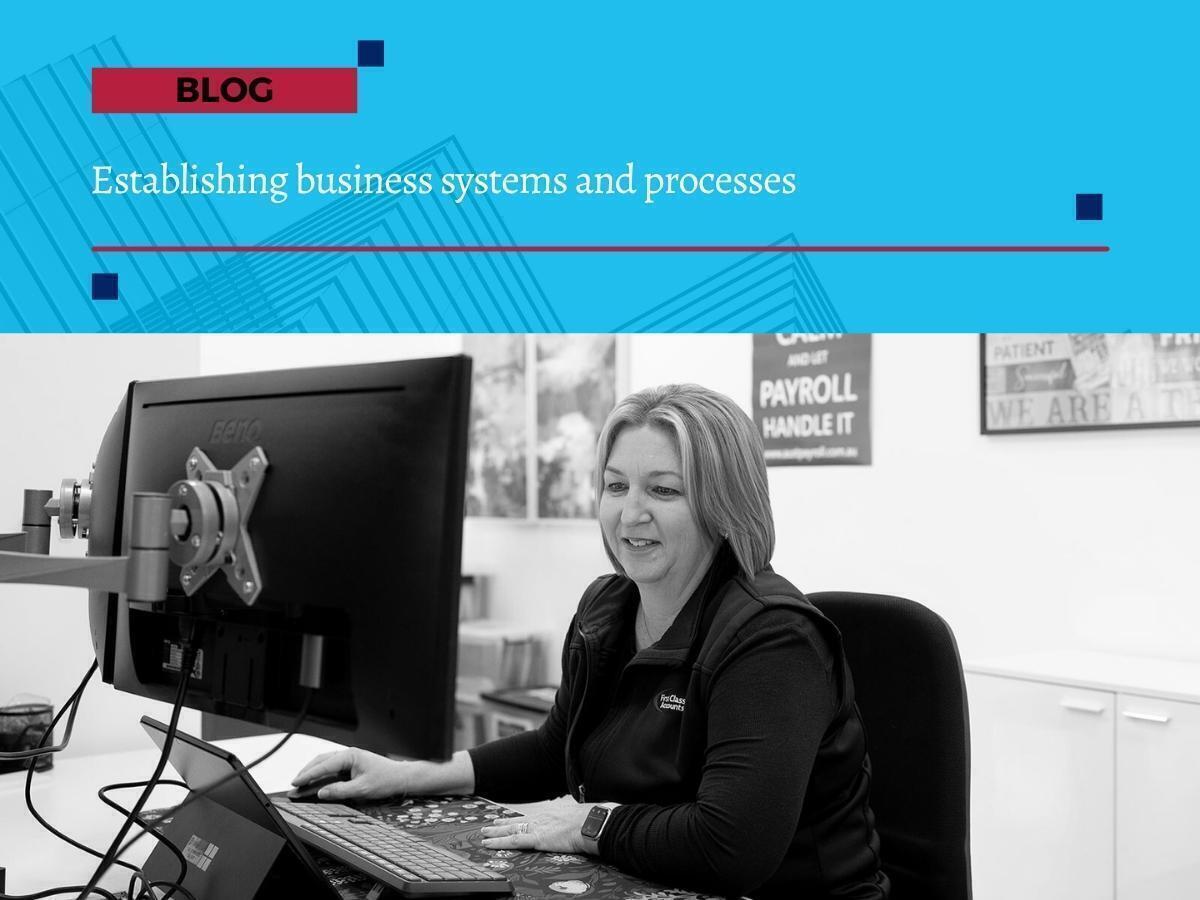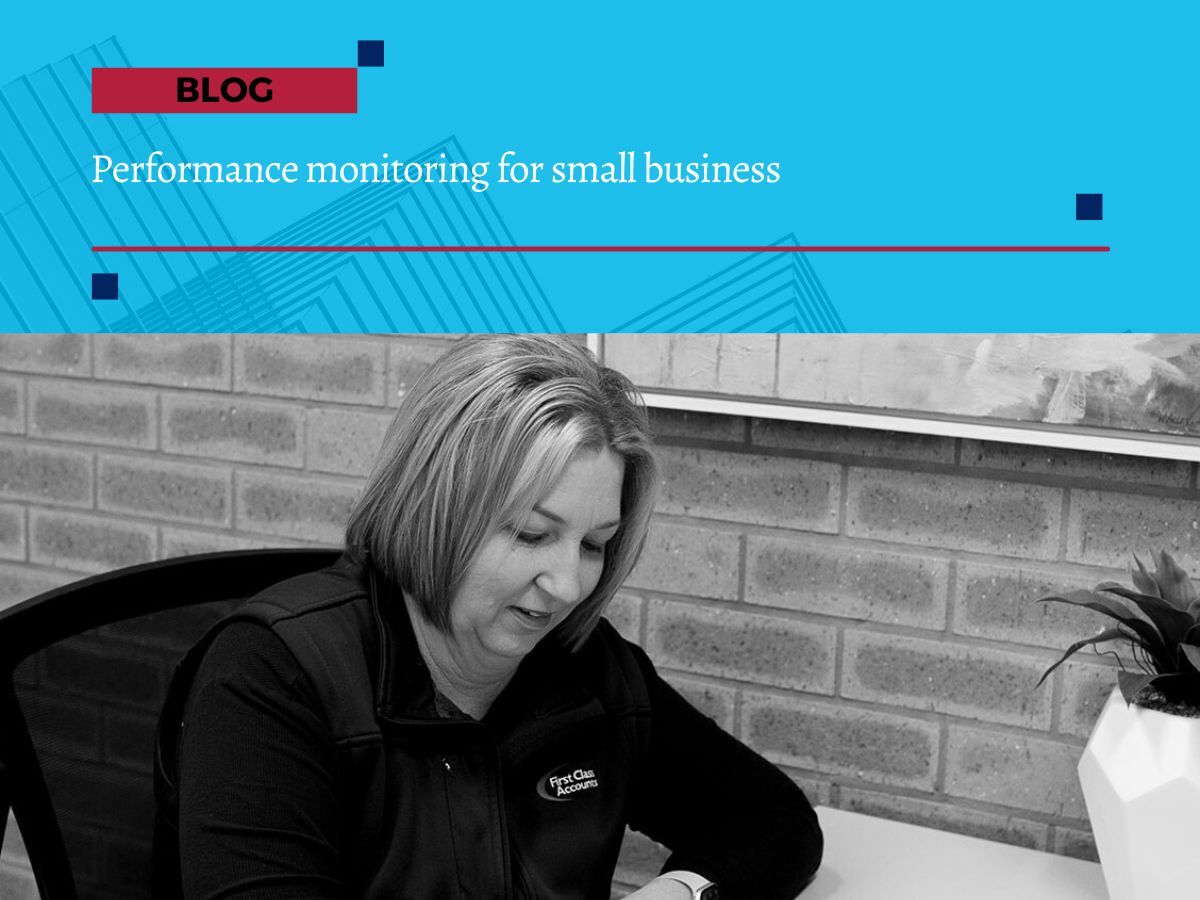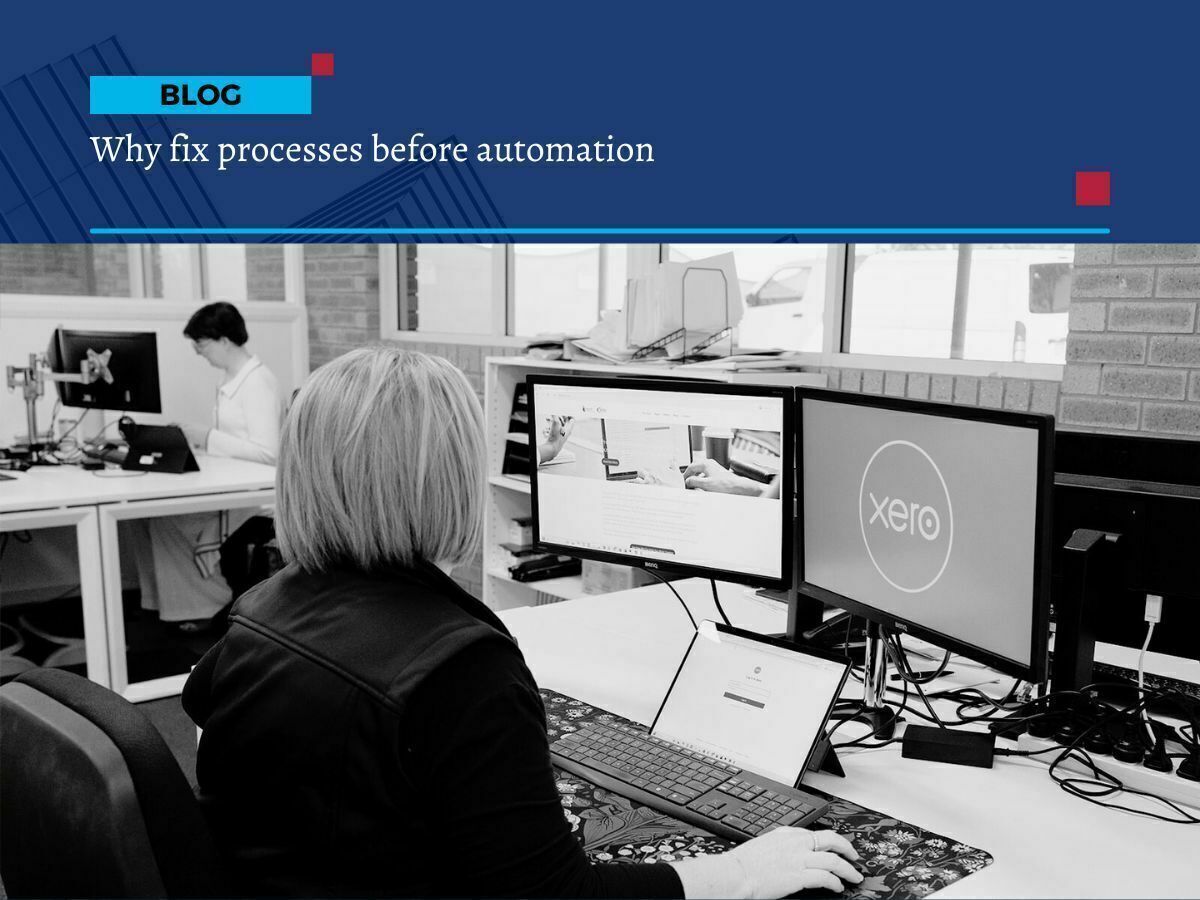
6 secrets to getting paid faster in 2025
6 secrets to getting prompt payment
Late payments continue to be one of the biggest challenges for small businesses.
In 2025, reports show businesses are still experiencing delays that impact cash flow and create unnecessary stress. If this sounds familiar, the good news is there are simple, practical steps you can take to improve how quickly you get paid.
At First Class Accounts Ovens & Murray, we know that healthy cash flow is the backbone of a successful business. Here are six secrets you can put into action right now to help get paid faster.
1. Invoice without delay
Your customer can’t pay until they receive your invoice, so don’t put it off. Send invoices as soon as work is complete or goods are delivered. Customers are most open to paying while the job is fresh in their mind, and it shows you’re organised and professional.
In 2025, many accounting systems, such as Xero, allow you to set up automated invoicing. That means invoices are created and sent without delay, removing the risk of human error or forgetfulness.
Pro tip: Automating your invoicing through the right software not only saves time but also improves cash flow consistency. Talk to us about which option best suits your business.
2. Include all the information
An invoice missing key details is one of the most common reasons payments are delayed. Always include:
a clear description of the work or product
the date it was delivered
the agreed price and tax details
purchase order numbers (if required)
your payment terms and methods
the due date, clearly displayed
Some clients, especially larger organisations, have very strict invoicing requirements. If your invoice doesn’t meet them, payment can be held up for weeks. By checking in advance what information they need, you reduce unnecessary delays.
Pro tip: Using bookkeeping software can help you create invoice templates that meet your customers’ requirements every time. First Class Accounts Ovens & Murray can set these up for you so you’re confident every invoice is correct.
3. Ask for prompt payment
Long payment terms are no longer the norm. Many businesses now set 7–14 day payment terms, and some industries even expect payment within 48 hours. By clearly setting your terms up front, you set the standard for how quickly clients should pay.
In 2025, with faster payment technology available, there’s little reason to offer 30-day terms unless your industry requires it. Shorter terms not only speed up cash flow but also reduce the need for chasing overdue invoices.
Pro tip: Review your payment terms today. Even shifting from 30 days to 14 days can make a big difference to your cash flow over the year.
4. Be easy to pay
Customers pay faster when the process is simple. The more payment options you offer, the easier it is for them to clear your invoice quickly. In 2025, this includes:
credit card payments
direct debit or bank transfer
PayPal, Stripe, or similar payment gateways
instant pay links embedded in invoices
When your invoice lands in their inbox with a clickable “Pay Now” button, there’s no excuse for delay.
Pro tip: Many modern accounting platforms integrate payment options directly into invoices. First Class Accounts Ovens & Murray can help set this up so your clients can pay you with one click.
5. Chase payments
Sending an invoice is just the first step. Following up is essential. Most businesses don’t mean to pay late, invoices often simply get lost or forgotten in busy workflows.
In 2025, automated reminders can help reduce the awkwardness of chasing payments. You can set polite reminder emails to go out before the due date, on the due date, and if payment is overdue. If the invoice still isn’t paid, a personal phone call is often the fastest way to resolve it.
Pro tip: First Class Accounts Ovens & Murray can set up reminder systems tailored to your clients and industry so chasing payments becomes part of your process, not an afterthought.
6. Talk to us about your invoicing system
Managing invoices and cash flow doesn’t need to be stressful or time-consuming. At First Class Accounts Ovens & Murray, we specialise in helping businesses streamline their bookkeeping processes, set up automated invoicing systems, and stay on top of payments.
If late payments are keeping you up at night, let’s fix it.
Contact First Class Accounts Ovens & Murray today and find out how we can help you get paid faster and keep your cash flow healthy.
FAQs about getting paid faster
Q: What is the fastest way to get paid by clients?
The fastest way to get paid is to send invoices immediately, make it easy for clients to pay with multiple payment options, and set shorter payment terms such as 7–14 days.
Q: How can I reduce late payments in my business?
You can reduce late payments by automating invoicing, including all required details on invoices, sending payment reminders, and following up quickly when invoices become overdue.
Q: What payment terms should small businesses use in 2025?
Many small businesses are now using 7–14 day payment terms instead of the traditional 30 days. Shorter terms encourage prompt payment and improve cash flow.
Q: How do bookkeeping systems help with getting paid faster?
Modern bookkeeping systems like Xero, MYOB, or QuickBooks can automate invoicing, add “Pay Now” buttons to invoices, and send automatic payment reminders, making it easier for clients to pay on time.
Yes. First Class Accounts Ovens & Murray can help you set up automated invoicing and reminders tailored to your business so you get paid faster and improve your cash flow.








